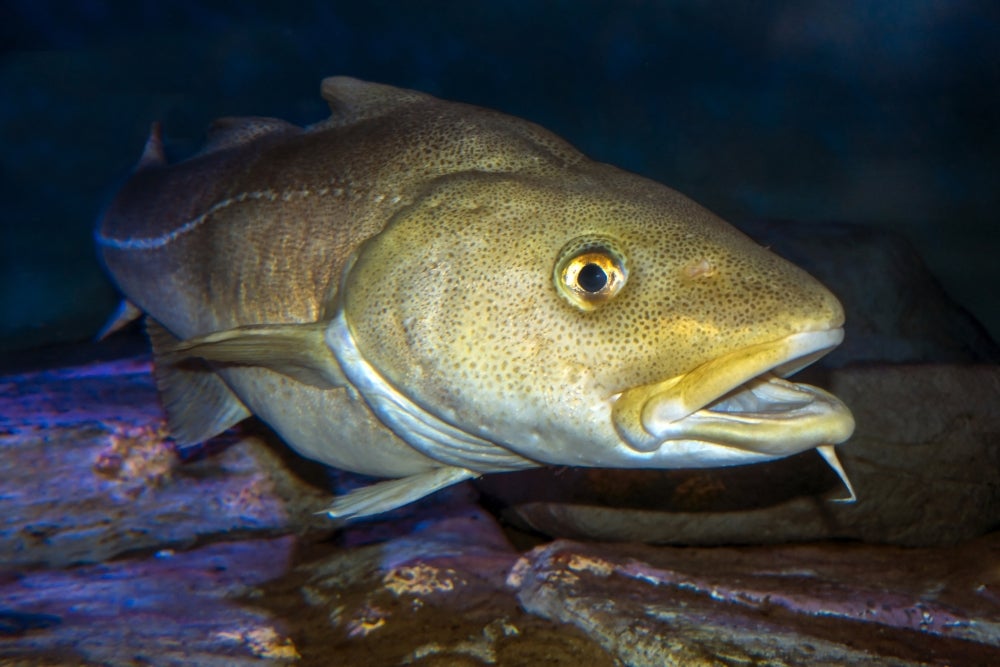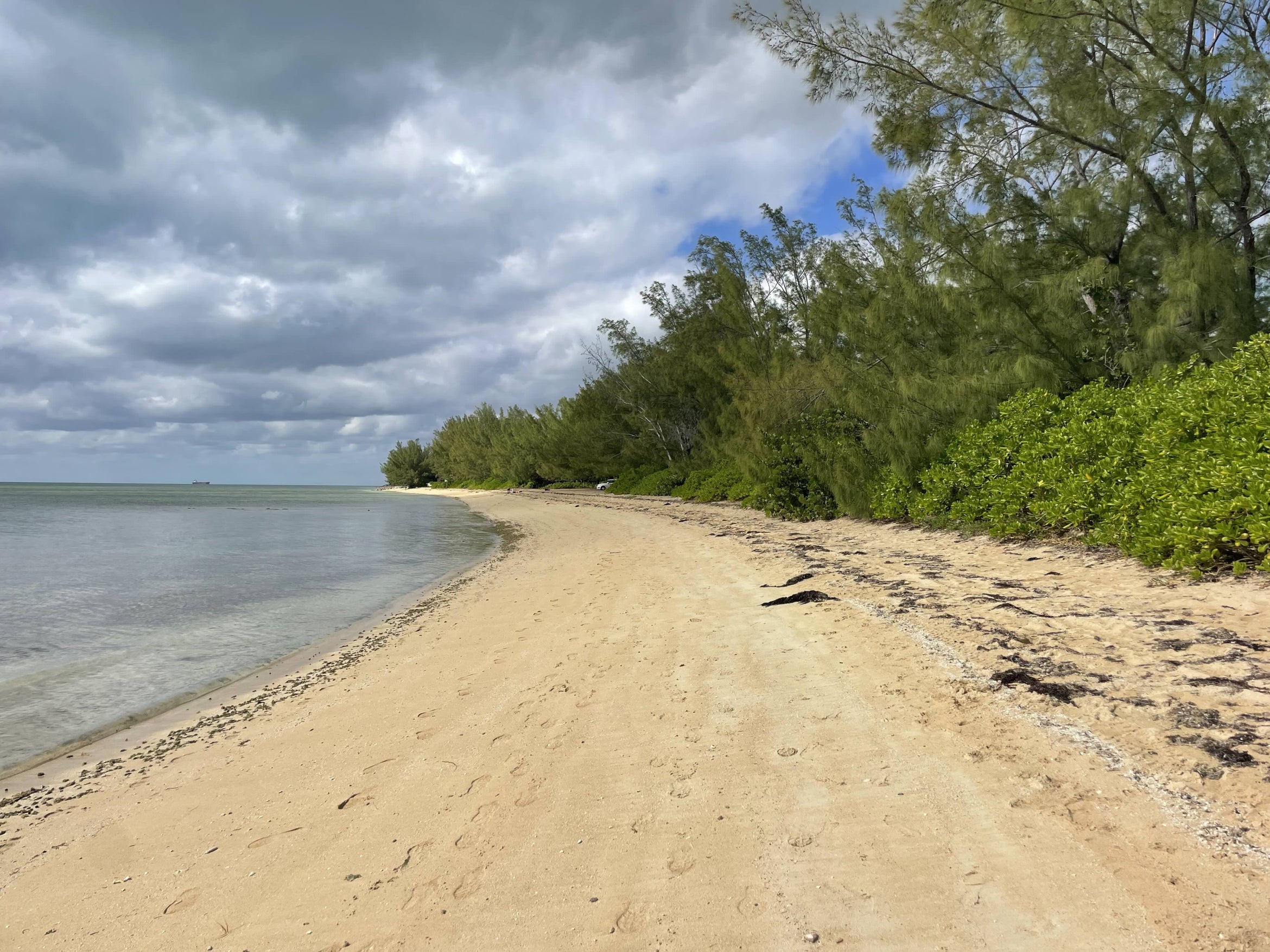
The Heat is On

Climate change is reorganizing the life in our oceans in a big way: as waters warm, cold-loving species, from plankton to fish, leave the area and warm water species become more successful. So say an international group of scientists in the most comprehensive assessment of the effects of ocean warming on the distribution fish communities.
“We’ve known for a while that marine species tend to track ocean temperature, but this is the first time we’ve seen how entire communities respond, and that the redistribution of species is so predictable by temperature alone,” said UC Santa Barbara marine ecologist Ben Halpern, an author on a paper in the journal Nature Climate Change. “The implications are very large for the ecology of the oceans and for the benefits — like food from fishing — people get from the oceans.”
Halpern, who directs UCSB’s National Center for Ecological Analysis and Synthesis and is a professor in the Bren School of Environmental Science & Management, joined researchers from the UK, Japan, Australia, the U.S., Germany, Canada, South Africa and New Zealand to analyze three million records of thousands of species from 200 ecological communities across the globe. Reviewing data from 1985-2014, the team, led by marine ecologist Michael Burrows of the Scottish Association for Marine Science (SAMS) in Oban, showed how subtle changes in the movement of species that prefer cold water or warm water, in response to rising temperatures, made a big impact on the global picture.
“For the period from 1985-2014 we created the equivalent of an electoral poll in the ocean, showing swings between types of fish and plankton normally associated with either cold or warm habitats,” Burrows said. “As species increase in number and move into, or decline and leave a particular ecological community, the make-up of that community will change in a predictable way.”
The truly global study looked at data from the North Atlantic, Western Europe, Newfoundland and the Labrador Sea, the U.S. east coast, the Gulf of Mexico and the North Pacific from California to Alaska.
While the global warming trend was widely seen, the North Atlantic showed the largest rise in average temperature during the time period. However, for fish communities in the Labrador Sea, where the temperature at 100 meters deep can be as much as five degrees Celsius cooler than the surface, moving deeper in the water column allowed the cold-water species to remain successful.
“Most of the data collected were targeted surveys of commercial fish stocks, so the changes seen reflect those likely to be seen in fish markets as cold-water fish like cod and haddock decline, while warm-water species like red mullet increase with warming,” Burrows said, adding that there has been a temperature rise of almost one degree Celsius in some parts of the ocean since 1985.
While one degree Celsius may not seem like a big change, for those fish and other marine organisms already at their maximum temperature tolerance the shift is enough to alter their chances of success in a given area and impact the global ocean food web, according to the researchers.
“Given the complexity of the oceans and ocean life, it is really remarkable that a single factor — ocean temperature — is such a powerful predictor of change,” Halpern said. “Few things in life can be explained by a single factor.”
Research in this paper was conducted also by Amanda E. Bates at University of Southampton and Memorial University of Newfoundland; Mark J. Costello at University of Auckland; Martin Edwards at Sir Alister Hardy Foundation for Ocean Science and Plymouth University; Graham J. Edgar and Rick D. Stuart-Smith at University of Tasmania; Clive J. Fox and Benjamin L. Payne at SAMS; Jan Hiddink at Bangor University; Malin L. Pinsky and Ryan D. Batt at Rutgers University; Jorge Garcia Molinos at Hokkaido University; David S. Schoeman at University of the Sunshine Coast and Nelson Mandela University; and Elvira S. Poloczanska at Alfred Wegener Institute and University of Queensland.



